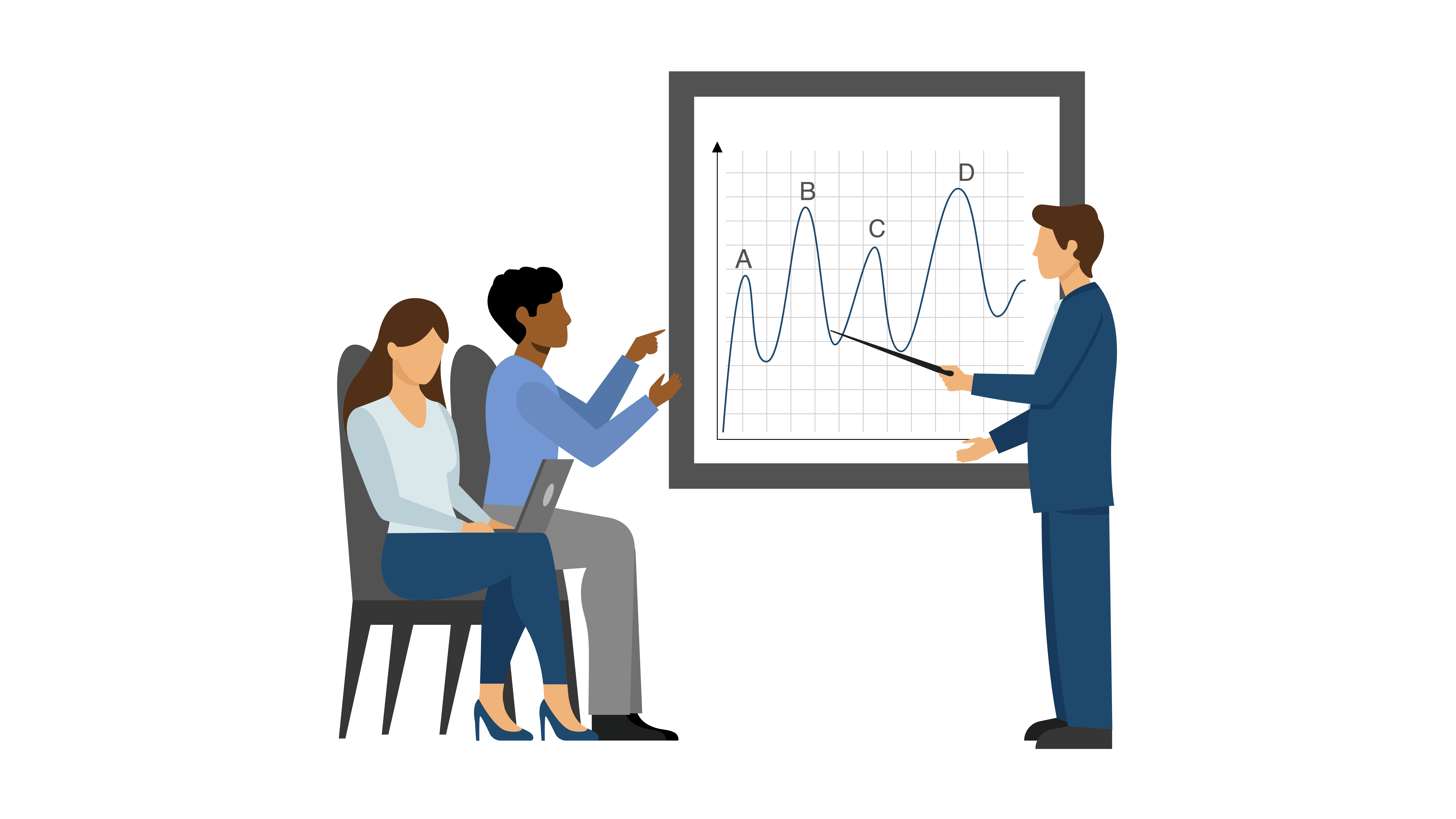All Categories
Featured
Modern organizations need to have a central place for Customer Data Platforms (CDPs). This is a crucial tool. They provide a more accurate and complete understanding of the customers, which can be used to provide specific marketing as well as personalized customer experience. CDPs also provide a wide range of capabilities, such as data governance and data quality, data formatting, data segmentation, and data compliance to ensure that information about the customer is stored, collected and utilized in a secure and organized way. With the capability to pull data from different APIs, a CDP can also help organizations place customers at the forefront of their marketing initiatives and enhance their operations. It also allows them to get their customers involved. This article will discuss the advantages of CDPs for organizations.
cdp customer data platform
Understanding CDPs: A client data platform (CDP) is a software which allows companies to gather the, organize, and store customer information in one central data center. This gives you a better and complete picture of your customers and allows you to target marketing and personalize customer experiences.
-
Data Governance: One of the key advantages of a CDP is its capability to categorize, protect, and manage information that is being added to. This includes profiling, division , and cleansing of the data. This is to ensure compliance with data laws and regulations.
-
Data Quality: A crucial aspect of CDPs is to ensure that the information taken is of top quality. That means data needs to be entered in a correct manner and meet the required quality standards. This will help reduce additional costs associated with cleaning, transforming, and storage.
-
Data Formatting Data Formatting CDP is also utilized to ensure that data conforms to an established format. This allows data types like dates to be matched across customer information and helps ensure an accurate and consistent entry of data. cdp customer data platform
-
Data Segmentation Data Segmentation: The CDP lets you segment customer data to better understand different customers. This lets you compare different groups to one another to determine the most appropriate sample distribution.
-
Compliance CDP: A CDP permits organizations to manage customer data in a legally compliant way. It allows you to establish secure policies and categorize information in line with these policies. It is also possible to spot the violation of policies when making decisions about marketing.
-
Platform Selection: There's many CDPs, so it is vital to know your requirements before selecting the right one. Consider features like data privacy , as well as the possibility of pulling data from different APIs. what is customer data platform
-
The Customer at the center Making the Customer the Center CDP permits the integration of real-time data about customers. This provides the immediate accuracy of precision, accuracy, and unison which every department in marketing requires to improve operations and engage customers.
-
Chat, Billing , and more Chat, Billing and more CDP allows you to locate the context for fantastic conversations, no matter if you're looking at billable or prior chats.
-
CMOs and big Data: Sixty-one percent of CMOs feel they're not using enough big data, as per the CMO Council. A CDP can assist in overcoming this by providing the complete picture of the customer and allowing for more effective use of data for marketing as well as customer engagement.
With many various kinds of marketing technology out there every one generally with its own three-letter acronym you might question where CDPs come from. Although CDPs are among today's most popular marketing tools, they're not a totally originality. Rather, they're the newest action in the development of how online marketers manage client information and client relationships (Cdps).

For many online marketers, the single biggest value of a CDP is its capability to segment audiences. With the capabilities of a CDP, marketers can see how a single client connects with their company's different brands, and recognize opportunities for increased personalization and cross-selling. Naturally, there's far more to a CDP than segmentation.
Beyond audience segmentation, there are 3 huge reasons that your business may want a CDP: suppression, customization, and insights. Among the most fascinating things online marketers can do with information is determine customers to not target. This is called suppression, and it's part of providing genuinely customized consumer journeys (Consumer Data Platform). When a customer's combined profile in your CDP includes their marketing and purchase information, you can suppress advertisements to customers who have actually currently bought.

With a view of every customer's marketing interactions linked to ecommerce data, website gos to, and more, everyone across marketing, sales, service, and all your other groups has the opportunity to understand more about each consumer and deliver more customized, relevant engagement. CDPs can help online marketers attend to the source of numerous of their biggest everyday marketing issues (Cdp's).
When your data is detached, it's more difficult to comprehend your clients and produce significant connections with them. As the variety of information sources used by online marketers continues to increase, it's more crucial than ever to have a CDP as a single source of truth to bring it all together.
An engagement CDP utilizes client data to power real-time personalization and engagement for clients on digital platforms, such as sites and mobile apps. Insights CDPs and engagement CDPs make up the majority of the CDP market today. Extremely couple of CDPs consist of both of these functions equally. To pick a CDP, your company's stakeholders should consider whether an insights CDP or an engagement CDP would be best for your requirements, and research study the couple of CDP alternatives that include both. Customer Data Platfrom.
Redpoint GlobalLatest Posts
The Importance of a Customer Data Platform (CDP) for Targeted Marketing
The Benefits of Pulling Data from Other APIs with a CDP
The Benefits of Real-time Data Analysis with a CDP